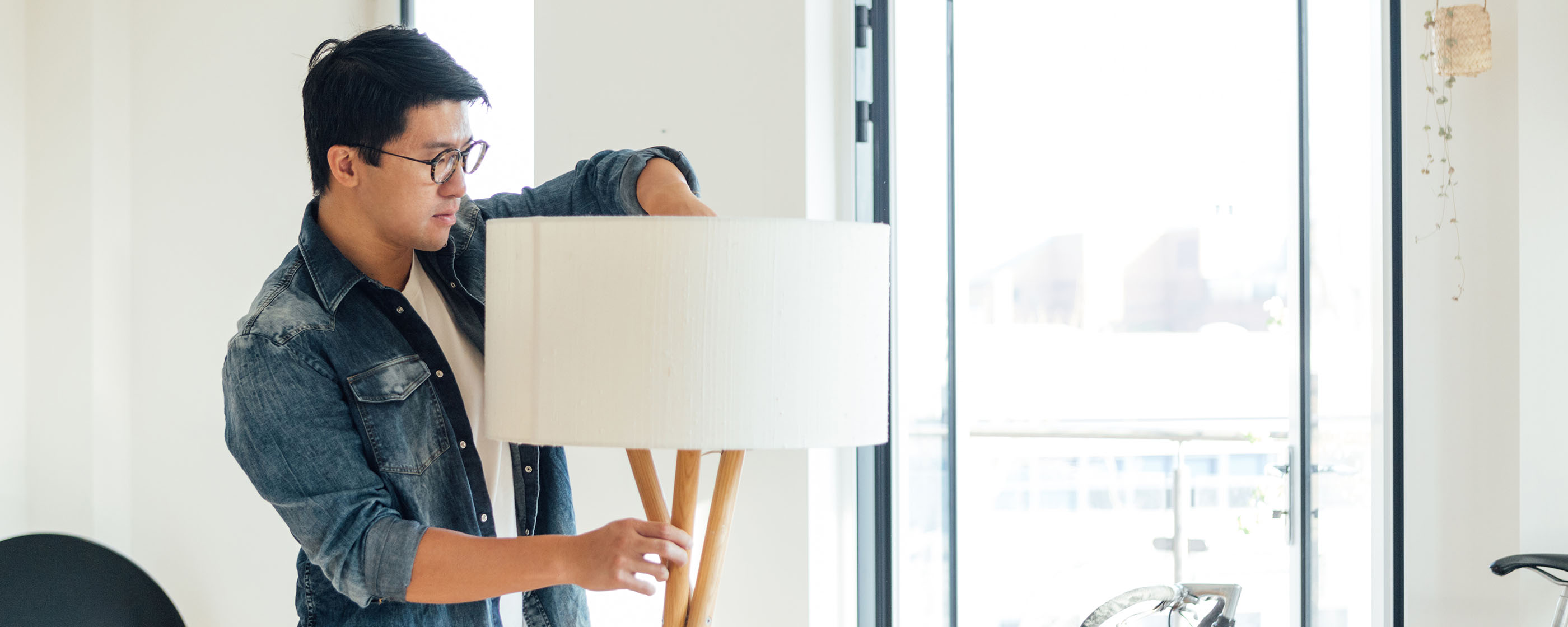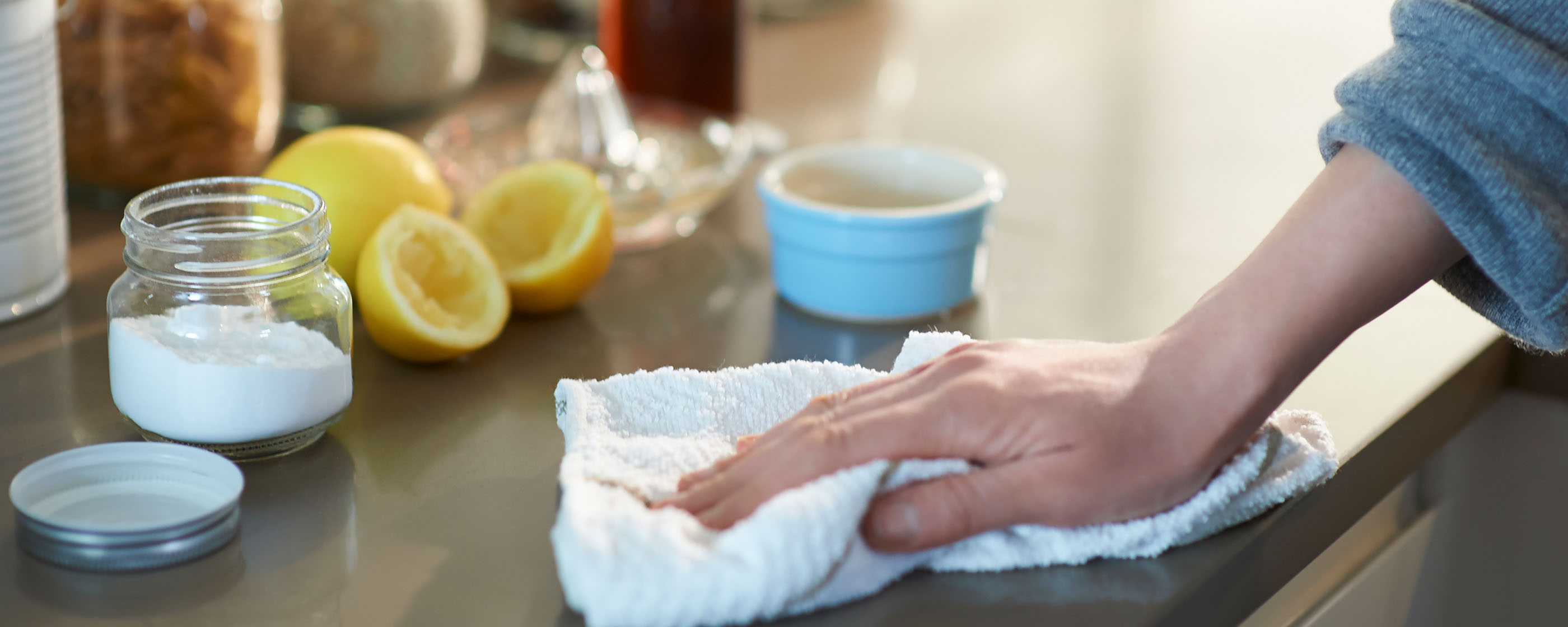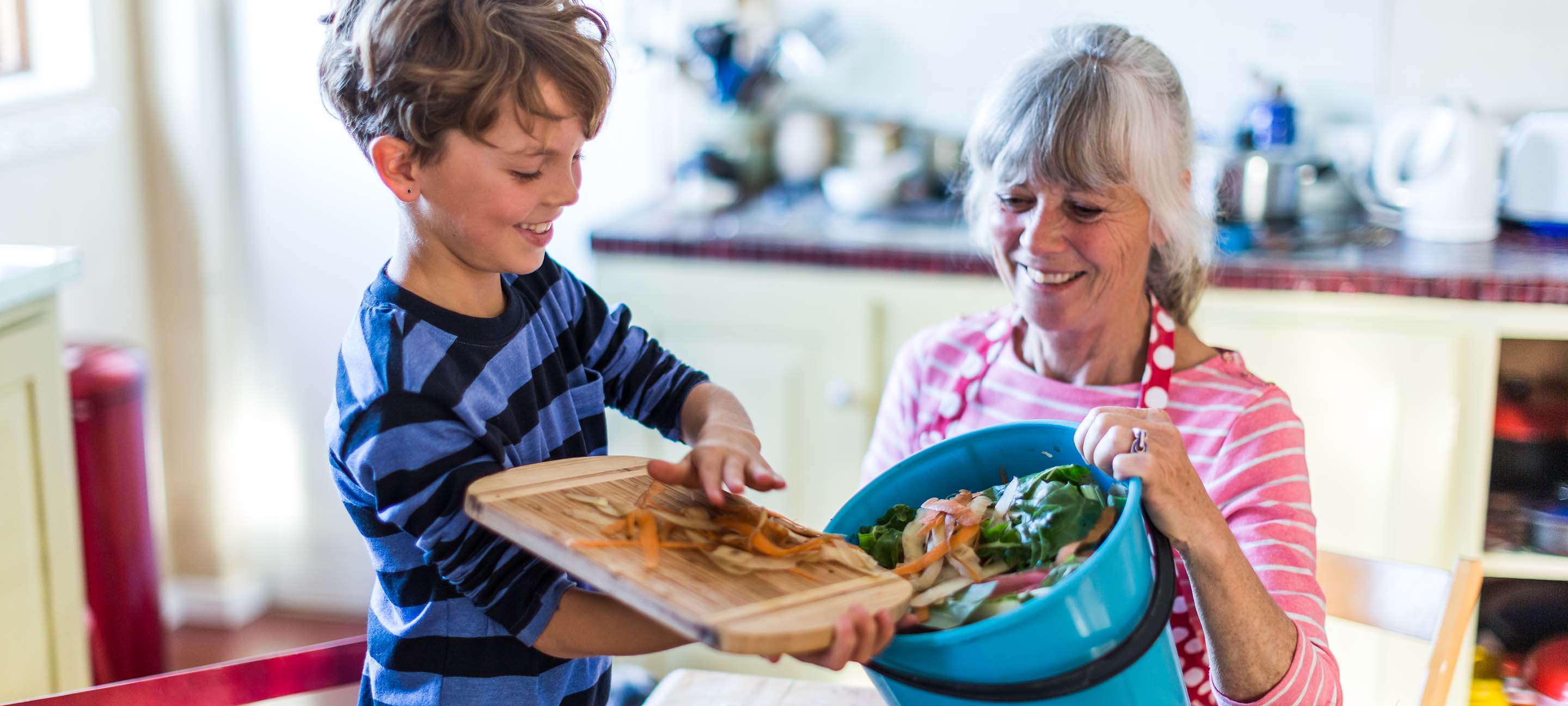Simple ways to make eco-friendly changes at home
We might be biased, but we think that British Columbia is the most beautiful place on Earth. And to keep it that way, we all need to do our part to reduce our environmental footprint and be mindful of the choices we make.
Here are some tips to help you use less energy at home and make a positive impact on the environment.
Energy-saving updates at home
Making your home more eco-friendly doesn’t need to be complicated or expensive. It can be as simple as making ‘smart’ changes to your household products or appliances or undertaking minor home improvements to maximize energy savings in your space. Here are three ways you can reduce your environmental impact.
1. Reduce energy loss
Start by addressing one of the primary sources of energy loss: gaps and cracks that allow the cold in during the winter and warm air in summer. The average home loses up to 30 percent of its heat or cool air from drafty windows and doors, meaning that your furnace or air conditioner works harder to compensate for the loss.
The most budget-friendly solution is re-sealing entry points with weather stripping. Premium options include installing energy-efficient windows and doors or re-insulating walls and the attic. Did you know that BC Hydro has rebates available for updates that improve the energy efficiency of your home? Learn more here.

2. Smarten up home devices
Next up, you can automate your home to control energy usage with smart devices like thermostats, light switches, bulbs, outlets and even window blinds. Most of these items require little-to-no technical know-how to install (switching to LEDs is simple as changing a lightbulb) making them a great weekend project.
Find many of these eco-friendly products at Rona, where BCAA Members earn 5% in CAA Dollars™ that can be used towards your BCAA Home Insurance or Membership renewal. Not a Member? Join today!
Good to know tip: LEDs use at least 75 percent less energy than incandescent lighting and can last up to 25 times longer based on average household use! Read more about smart home gadgets here. And, when you’re buying new appliances, always look for the Energy Star label.
3. Tap into water savings
Reduce your water consumption with simple updates to your kitchen and bathroom. Install water tap aerators and replace your current showerhead with a high-efficiency model to use up to 50 percent less water without sacrificing water pressure.
We also highly recommend installing a water sensor. Not only will it save you money by monitoring and limiting usage, but a water sensor can also detect leaks to help prevent flooding.
Top tip: Water damage is an all-too-common home insurance claim, so it's important to get familiar with your coverage. If water from outside your home causes damage, such as rainfall or backup sewage, a basic policy may not offer coverage. BCAA Home Insurance offers extended water coverages to fill this gap. Speak with a BCAA Insurance Advisor to review your policy and add this extra layer of protection.
If you're thinking of doing renovations to make your home more energy efficient, you can apply for a Canada Greener Homes Grant. If your plan to go greener at home does include any significant renovations, keep in mind that the updates could increase your home’s value. You’ll need to adjust your home insurance policy accordingly and ensure you stay covered. Plus, if you’re considering any smart home devices, you may see additional savings on your home insurance premiums.
While updating home appliances is an excellent step towards more eco-friendly living, changing your behaviour is also vital: turn off the tap while brushing your teeth and limit the length of showers. Here are a few more adjustments you can make to live a more eco-friendly lifestyle.

A fresh take on cleaning up
Making small changes to how you clean can make a big impact and save you some money too. For example, up to 90 percent of your washing machine's energy goes into heating the water, so using cold water will significantly reduce your electric bill. And, whenever you can, skip the dryer. Line drying will reduce your monthly bills, plus your clothes, bedding and towels will last longer.
There are plenty of eco-friendly and non-toxic cleaning products you can buy at the store, but have you ever considered DIY or homemade cleaners? Making your own is easier than you might think. For a simple, natural all-purpose cleaner, mix up one-part vinegar, one-part water, lemon rind and rosemary sprigs in a clean spray bottle. Let that infuse for a week before using, and you’re good to go! You can use the mixture on most surfaces in your home - just make sure you don’t use it on granite, as it could etch the stone.
There are also plenty of simple recipes for cleaners for the kitchen, windows, clothes and even brass. Here's a great blog on how to naturally clean your whole home.
An important safety note: Always remember to keep your cleaners in a safe place away from outlets, candles and heaters, and children and pets.
Bonus tips for a more sustainable lifestyle
Looking for more ways to lighten your eco-footprint? Here are a few other easy tips to go (even more) green:
- Ditch the new. Before buying new clothes, furniture, toys or sporting goods, check to see if you can pick things up secondhand or make it yourself.
- Flex your green thumb. Save on groceries by growing your herbs and veggies, freshen up your home with plants and fertilize them by composting your organic waste.
- Reduce your food waste. Food waste is a significant contributor to climate change and an easy area to make a personal impact. Plan your meals so none goes to waste, repurpose or freeze leftovers or consider sharing food instead of throwing it away. And keep an eye out for forward-thinking companies designing apps to help reduce food waste. A few up and comers to note are NoWaste, Kitche, Flashfood and Olio.
There are endless ways to update your home and lifestyle with eco-friendly alternatives, which can also help save you money in the short and long-term!
*Taken from this report
**Compared to the Toyota Camry (Avg fuel economy of 7.0 L/100km)
Home Insurance is sold through B.C.A.A. Holdings Ltd. dba BCAA Insurance Agency, a licensed insurance agency, and underwritten by BCAA Insurance Corporation.








